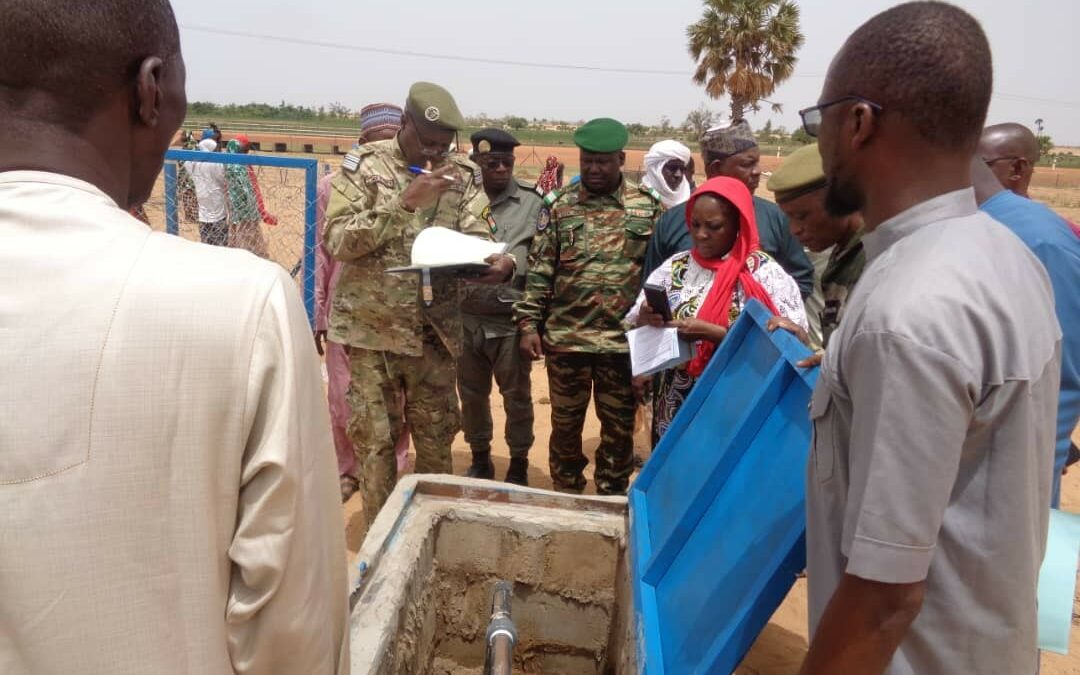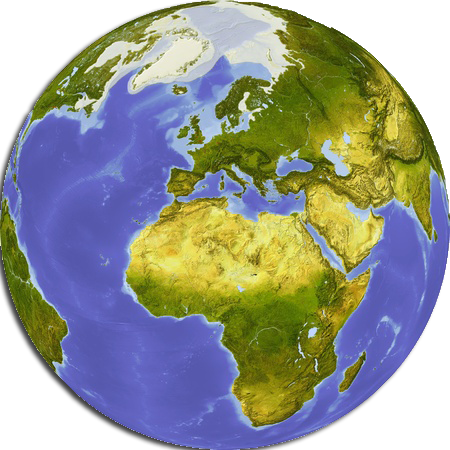In the Dallol Bosso region, near the Dosso Reserve, a quiet battle unfolds: that of humanity against invasive plants. But here, it is nature that triumphs—with humans as allies. On this land, the NB-ITTAS Project is transforming lives through restoration that serves the community.
In the commune of Falmey, in Niger’s Dosso region, the NB-ITTAS Project has led to the implementation of a bold pilot initiative: the ecological management of the Koudjé wetland, once overrun by Typha domingensis, an invasive aquatic plant threatening local livelihoods, biodiversity, and hydrological balance.
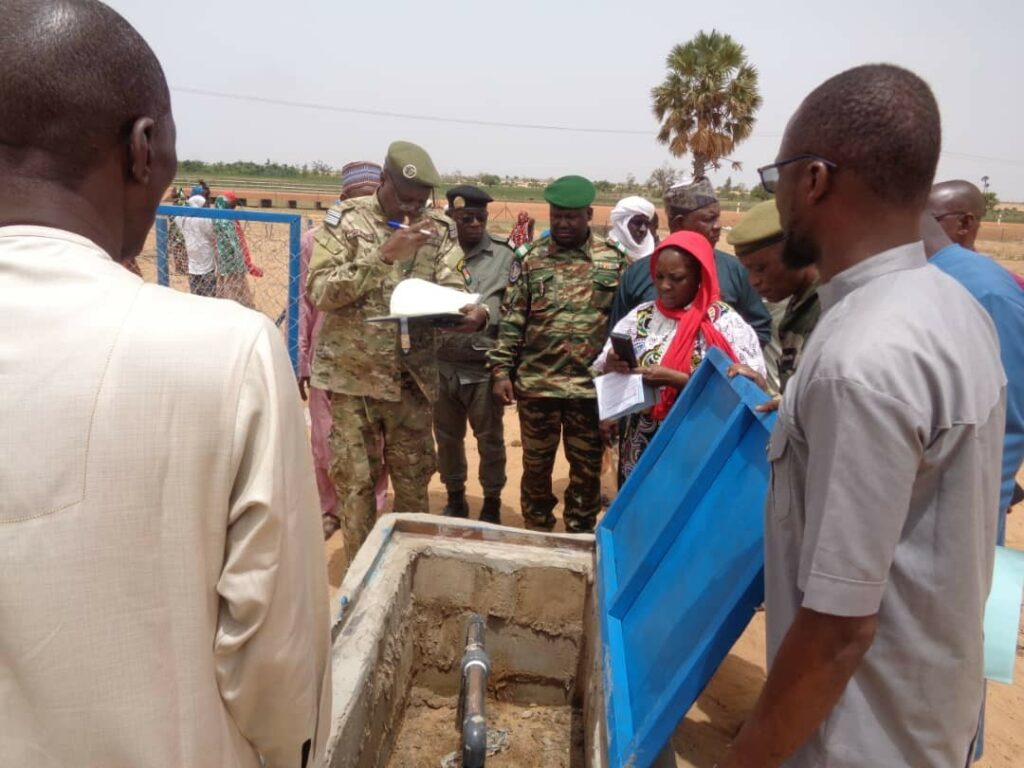
Spearheaded by the Niger Basin Authority (NBA) with support from the Global Environment Facility (GEF), the initiative focused on three main areas:
- The clearing of 10 hectares of Typha to restore access to the wetland;
- The training of 31 cooperative members, including 9 women, on Integrated Water Resources Management (IWRM), community governance, and sustainable natural resource use;
- The development of one hectare of irrigated vegetable farming, providing a new and sustainable income source for surrounding communities.
To fast-track the outcomes, the project also distributed fishing and processing equipment to local fishers and fish processors, making its core ambition tangible: restore the environment while improving community livelihoods.
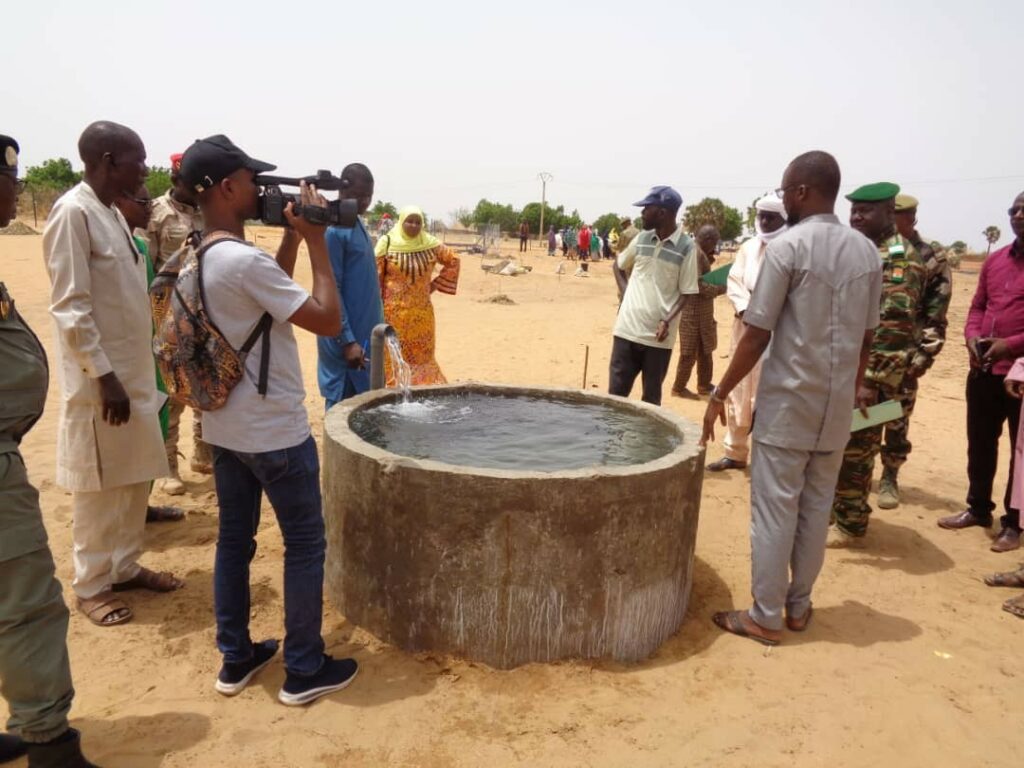
A collective dynamic led by local actors
The project is supported by four well-established farmers’ organizations in the Koudjé villages, bringing together men and women in a cooperative spirit. With backing from the municipal council and technical services, local management committees were formed to ensure close monitoring and the protection of installations.
The first results are already visible: habitats are regenerating, water flows again, income levels are rising, and knowledge is being passed on.
This is truly an integrated project that is transforming lives in meaningful ways. In Koudjé, the fight against Typha is not only ecological—it is social, economic, and cultural. It represents the future.
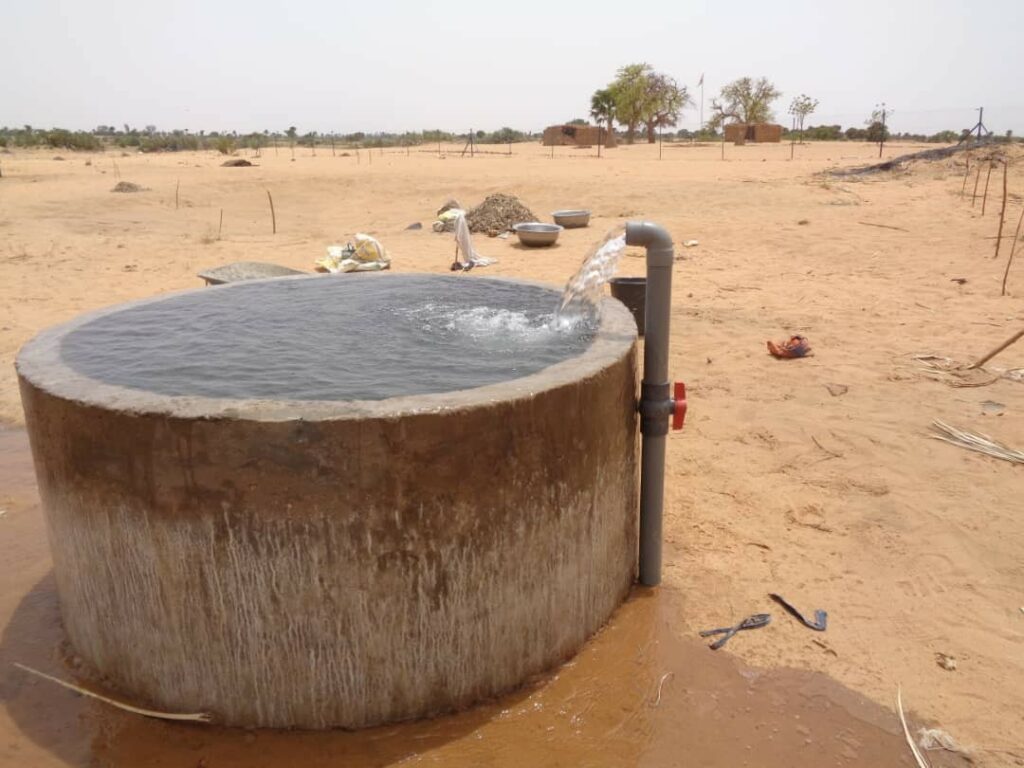
After the “Happy Ending”
The local community has expressed strong enthusiasm for scaling up the project. However, some challenges remain—notably security threats and administrative delays. Niger is advocating that in Phase 2 of the NB-ITTAS Project:
- High-impact economic projects (such as beekeeping, ecotourism, and environmental education) be multiplied;
- Regional programs be prioritized, especially in the W Complex and shared wetlands with Benin and Burkina Faso;
- Biodiversity monitoring and promotion be strengthened, particularly regarding bird species and non-timber forest products (NTFPs).
But for now, local communities are enjoying a new, more hopeful life. More than just a pilot project, Koudjé is living proof that sustainable resource management can go hand in hand with human dignity and collective hope.

